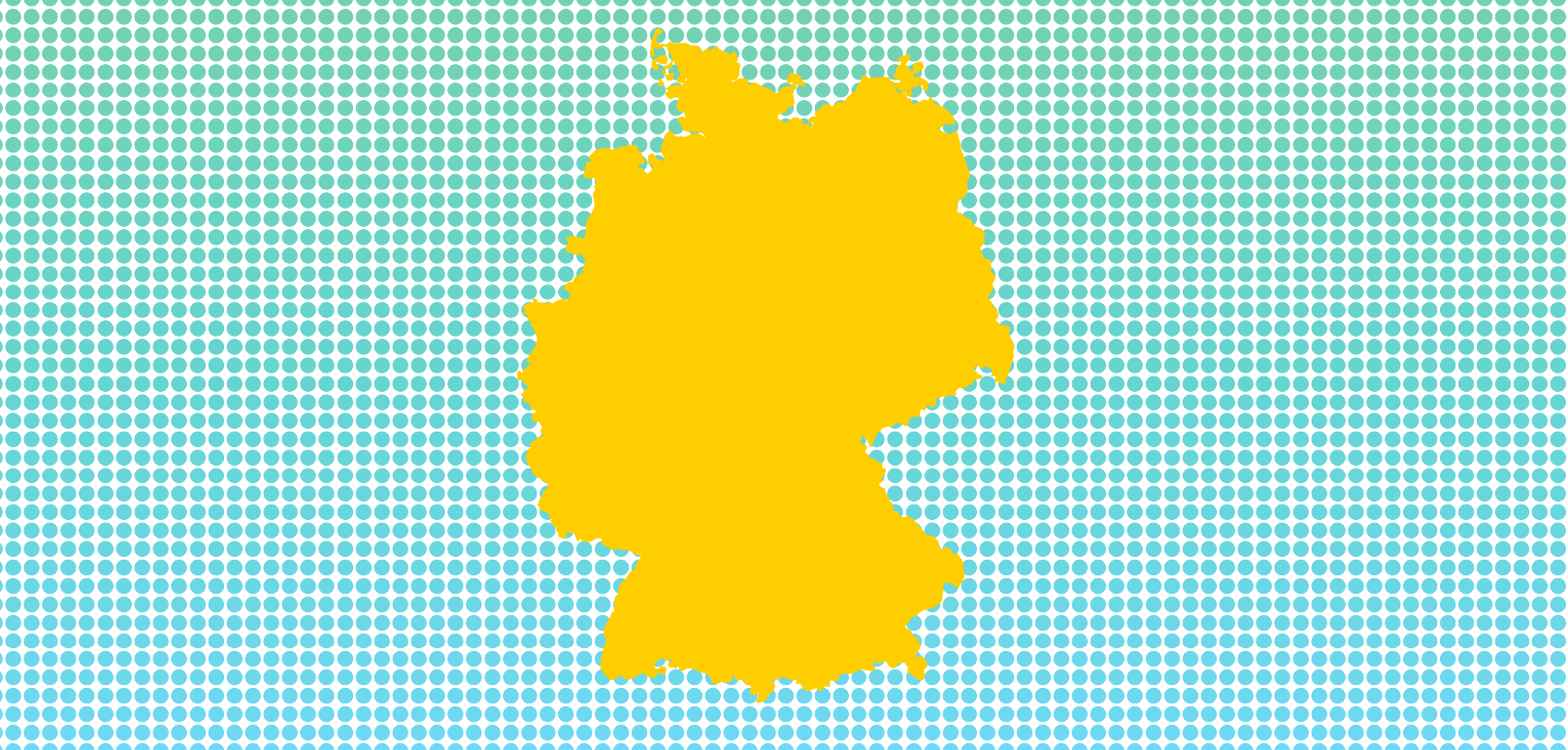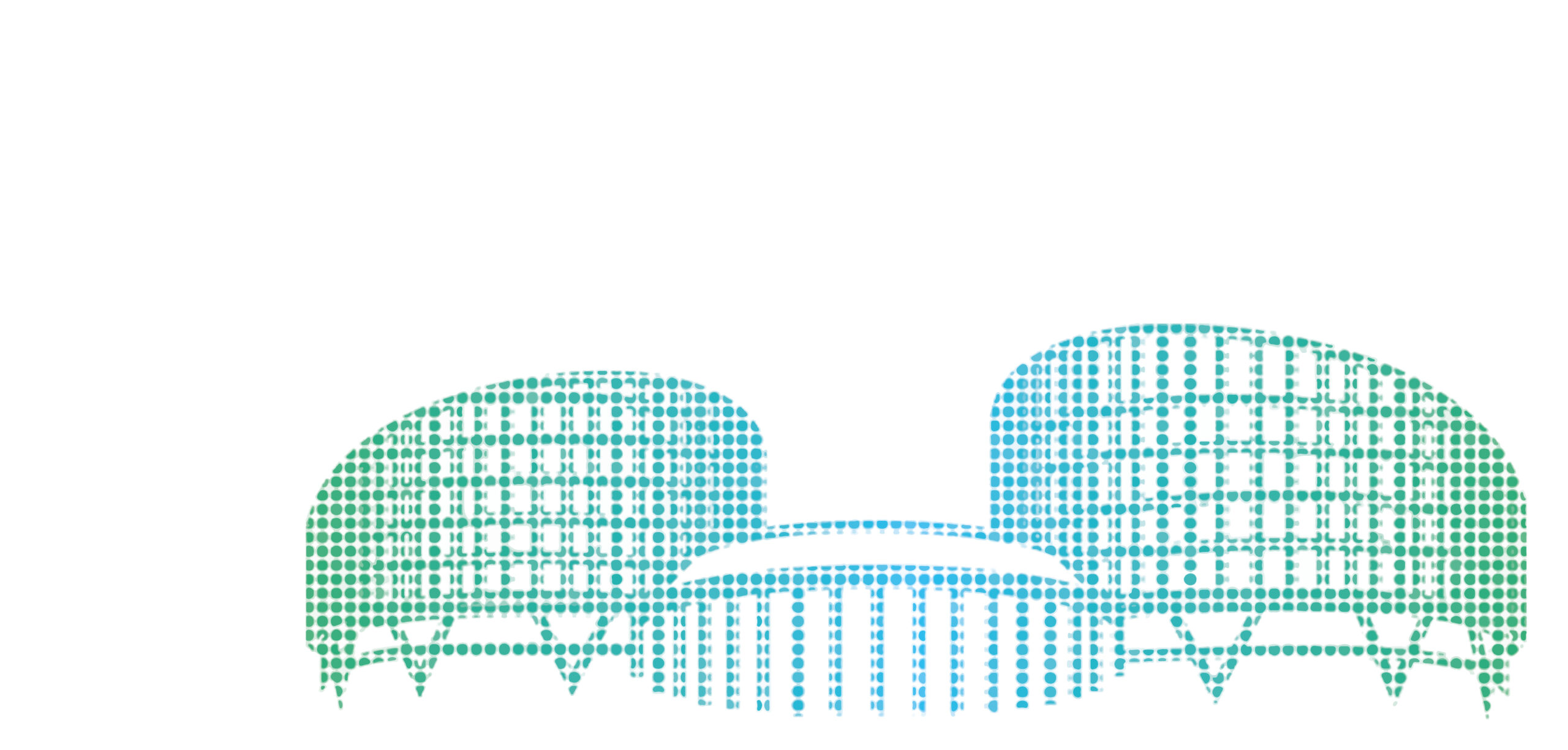The Toronto Star: Who should decide what you can’t say on social media? Debate rages ahead of potential government action
Donald Trump. The CEO of My Pillow, Inc. Some 70,000 accounts promoting the QAnon conspiracy theory that claims a Satan-worshipping cabal is secretly running the world and abusing children. The Chinese embassy in Washington, D.C. What do these all have in common? In recent weeks, they’ve all had their Twitter accounts suspended permanently or temporarily […]








